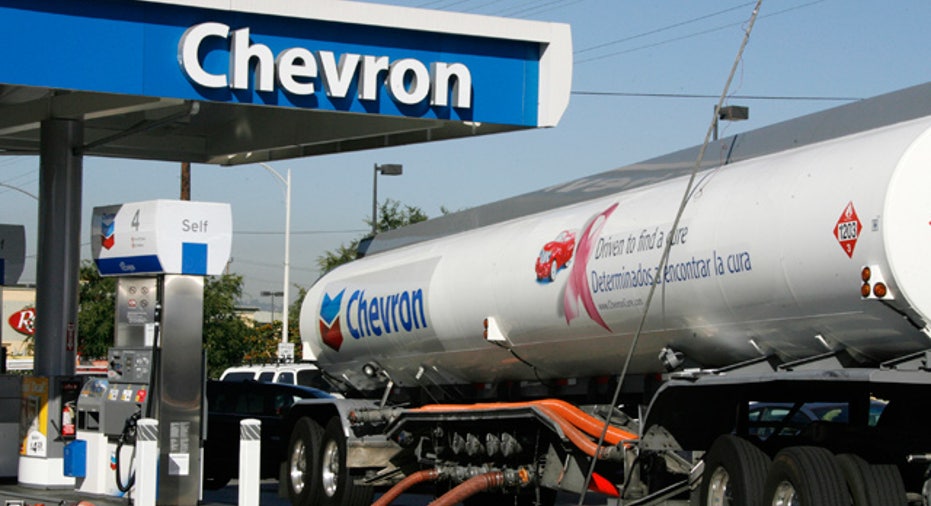Chevron to Slash Budget Over Two Years to Save Cash

Oil and natural gas producer Chevron said on Tuesday it will slash its budget by at least 17 percent for the next two years to save cash as crude prices sit near 10-year lows.
The outlook from one of the world's largest oil companies highlights the unease permeating the energy industry as executives try to contend with what many are forecasting to be crude prices below $50 per barrel through at least the end of the decade.
Chevron plans to spend between $17 billion to $22 billion annually in 2017 and 2018. For 2016, the company has already announced it would spend $26.6 billion.
"Industry conditions are tough right now, with low oil and natural gas prices," Chevron Chief Executive Officer John Watson said in a statement ahead of the company's annual investor day in New York. "We believe markets will improve, and we'll be well positioned when they do."
Part of the spending reduction will come as construction projects are finished around the world, including major liquefied natural gas (LNG) projects in Australia and Angola, as well as oil projects in the U.S. Gulf of Mexico.
On Monday night, Chevron said it had started producing LNG at its Gorgon facility in western Australia and would begin shipping next week, a major milestone for a long-delayed and overbudget project.
Chevron executives reiterated the company's commitment to pay its $1.07 quarterly dividend, adding they plan to limit debt increases beyond this year.
Chevron had already slashed its budget for this year by more than 24 percent, but the move on Tuesday signaled more cuts would be needed, especially to protect the dividend, which executives have called their top priority.
Chevron is paying its dividend partially with debt. While executives had outlined a plan last fall to cover the dividend with cash flow by next year, that plan requires oil prices at $50 per barrel, roughly $12 per barrel below current levels.
Chevron's stock, which closed Monday at $90.65 per share, has gained about 1 percent so far this year.
(Editing by Chizu Nomiyama and Jeffrey Benkoe)



















